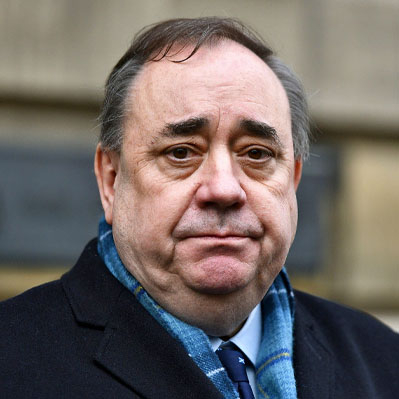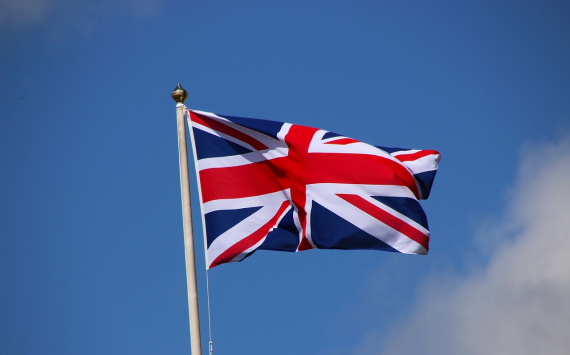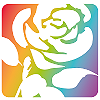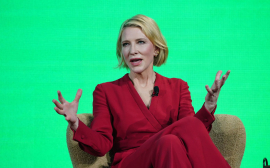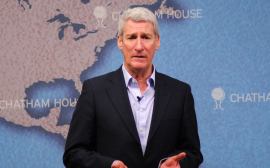Alexander Elliot Anderson Salmond is a Scottish politician, economist and television host, who served as First Minister of Scotland from 2007 to 2014. A prominent figure in the Scottish nationalist movement, he has served as Leader of the Alba Party since 2021. Salmond was leader of the Scottish National Party (SNP), on two occasions, from 1990 to 2000 and from 2004 to 2014. He served as the party's depute leader from 1987 to 1990. Salmond hosted The Alex Salmond Show (2017–2022) on RT UK. He currently hosts Scotland Speaks with Alex Salmond (2023–present).
A graduate of the University of St Andrews, he worked as an economist in the Scottish Office, and later, the Royal Bank of Scotland. He was elected to the British House of Commons in 1987, serving as the Member of Parliament (MP) for Banff and Buchan from 1987 to 2010. In 1990, he successfully defeated Margaret Ewing in the SNP leadership contest. Salmond led the party through the first election to the Scottish Parliament in 1999, where the SNP emerged as the second largest party, with Salmond as the Leader of the Opposition. He was elected as the Member of the Scottish Parliament (MSP) for Banff and Buchan in that year's election. He resigned as leader in 2000 and stood down as an MSP the following year, when he was appointed leader of the SNP's Westminster group. Salmond was re-elected as leader of the SNP in the 2004 leadership contest, after running on a joint ticket with Nicola Sturgeon. She led the SNP at Holyrood until Salmond was elected to the Scottish Parliament in 2007 for the Gordon (later Aberdeenshire East). The SNP placed first, ahead of the governing Labour Party in the 2007 election with Salmond securing a confidence and supply support from the Scottish Greens, resulting in Salmond's appointment as first minister.
Salmond led an SNP minority government in his first term. His government passed landmark legislation, including the abolishment of university tuition fees, the scrapping of prescription charges and commitment to renewable energy. Salmond was the first nationalist first minister and in his first term he failed to obtain support for a referendum on Scottish independence due to insufficient support. At the 2011 Scottish Parliament election the SNP won with an overall majority, a feat previously thought almost impossible under the additional member system used in elections for the Scottish Parliament. As of 2021, this is the only election in which a party has won a majority in the Scottish Parliament. Salmond used this mandate to hold a referendum, which led to the signing of the Edinburgh Agreement and the 2014 referendum. The Yes Scotland campaign, which his deputy Nicola Sturgeon led, was defeated in the referendum. As a result, Salmond resigned and was succeeded by Sturgeon.
Returning to Westminster, Salmond was elected MP for Gordon in the 2015 general election. He was the SNP International Affairs and Europe spokesperson from 2015 to 2017. He left the House of Commons at the 2017 general election after losing his seat to the Scottish Conservative Party candidate Colin Clark. In August 2018, Salmond resigned from the party to fight allegations of rape and sexual assault, which he denied. In January 2019, he was charged with 14 offences, including attempted rape and sexual assault, but was compensated £500,000 by the Scottish Government in August 2019 and later acquitted of all charges after trial in March 2020. In 2021, he criticised Sturgeon for her government's flawed investigations into these allegations which resulted in a political scandal. Salmond later was announced as the leader of a new pro-independence party, the Alba Party. The party failed to gain any seats in the 2021 national and 2022 local elections.


